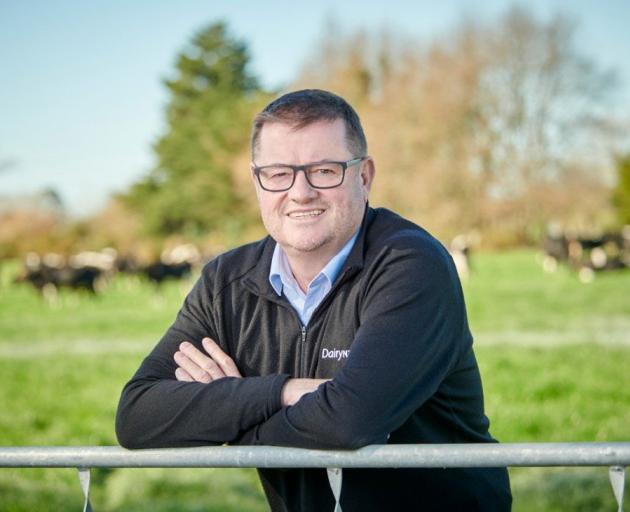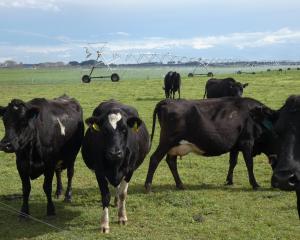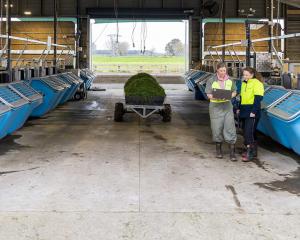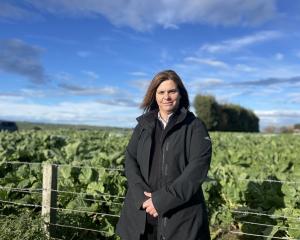
Over the past decade farmers have faced flooding, drought, damaging winds, snow and cyclones.
The destructive wind in Southland in October is just the latest example. It led to a state of emergency with about 50,000 people without power at the height of the storm, and more than 500 dairy farms without immediate power generation.
The next weather event is not a matter of if but when.
That’s why it’s so important to prepare now because how well you prepare will help determine how quick you recover.
Having a farm business continuity plan is essential. We have a handy guide on the DairyNZ website which walks through the steps on preparedness, what to do, and who to contact during a severe weather event.
Having operating procedures in place is the first step, so everyone knows in the event of an emergency where to meet, who needs to be accounted for, and where to get help.
Make sure staff are trained, are aware of emergency procedures, and have a contact list ready.
Having a reliable back-up power source is critical — whether that’s a generator on-farm or a community-based generator. Checking they are working on a regular basis and available to use is important.
Make sure you have reliable mobile and internet connections — consider using a service like Starlink if traditional networks go down.
Emergency packs should be ready to go, with food and water regularly checked so you have enough resources to last for a few days.
Farmers are busy and this can seem to be another costly item to add to the to-do list.
The effects of not being prepared can be devastating from managing the impacts of lost power and keeping animals healthy.
That affects your business and your livelihood.
It can take a huge physical and mental toll.
Being prepared means you can recover quickly and get back to business as usual as quick as possible.
It means having peace of mind.
And it means you can help your neighbours and communities.
A Southland farmer recently shared with us how being prepared helped her during last month’s severe weather.
She had generators for each shed, staff trained in generator use, and plans in place for any disruption to milking.
For her that meant that no milk was dumped and staff hours and rosters stayed the same.
It might sound simple, but it can make a significant difference.
DairyNZ is here for you now and in an emergency.
We are working to strengthen our farm systems so we can future-proof the way we farm.
There are some wonderful tools and resources to help you get ready and our regional teams are on the ground to help review plans and share knowledge.
As Benjamin Franklin once said, "By failing to prepare, you are preparing to fail". — DairyNZ














